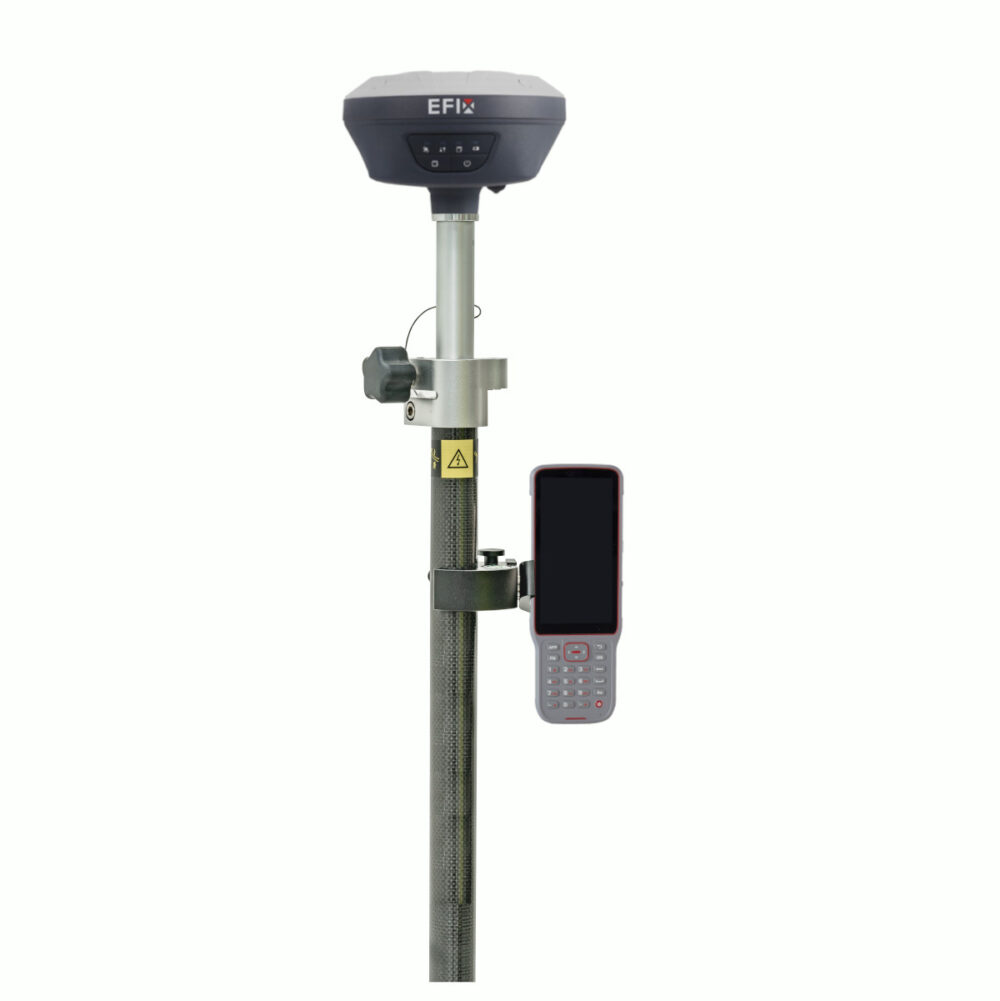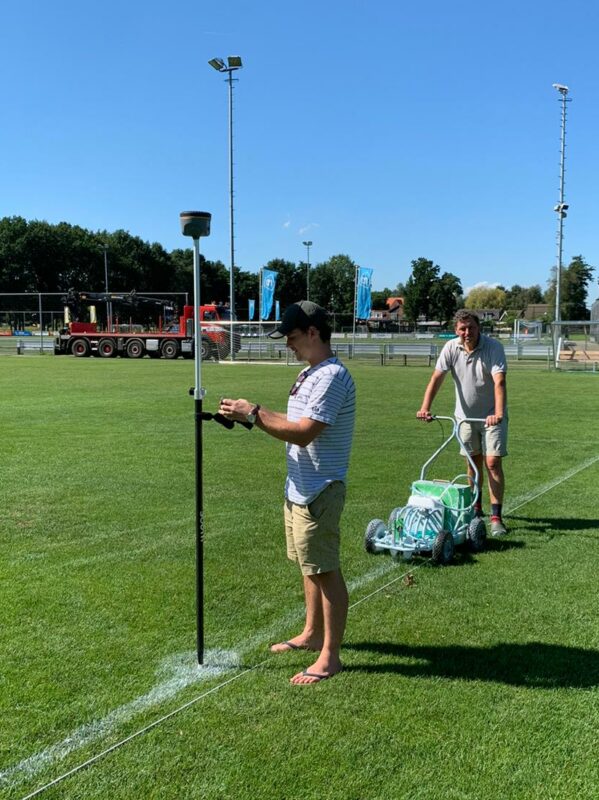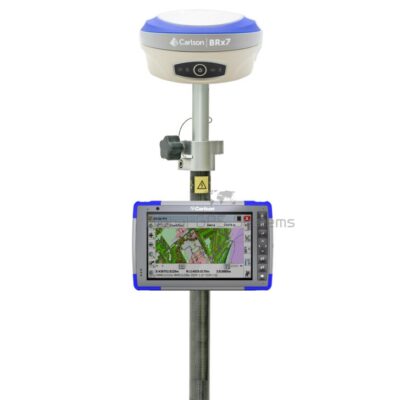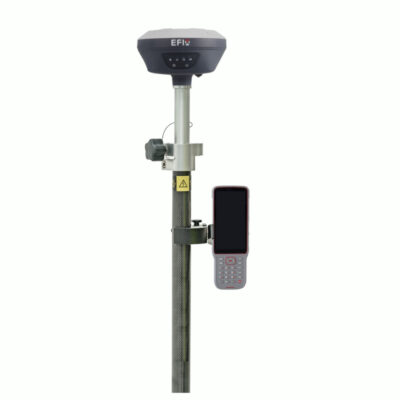GNSS
Land Surveyor: Exploring the Role, Salary, and Path to Success
Are you intrigued by the idea of working outdoors and contributing to the development of infrastructure and land management? Look no further than the profession of a land surveyor! Land surveyors play a crucial role in measuring and mapping the Earth’s surface to ensure accurate property boundaries and the construction of roads, buildings, and utilities. In this article, we will delve into the exciting world of land surveying, covering essential topics such as land surveyor salary, the path to becoming a land surveyor, and more.
Understanding the Role of a Land Surveyor
Land surveyors are professionals who combine expertise in mathematics, technology, and geospatial data to determine the precise measurements and boundaries of land parcels. They use advanced tools like GPS (Global Positioning System), total stations, and aerial imagery to collect accurate data for surveying purposes. The primary responsibilities of a land surveyor include:
Boundary Identification and Determination
Land surveyors analyze legal records, historical data, and physical evidence to identify and establish property boundaries. By accurately demarcating land boundaries, they help prevent disputes and legal issues related to property ownership.
Topographic Mapping
Surveyors create detailed topographic maps that showcase the natural and artificial features of the land, including elevation contours, vegetation, bodies of water, and man-made structures. These maps aid in urban planning, engineering design, and environmental assessment.
Construction and Infrastructure Surveys
Land surveyors play a vital role in the construction industry by providing precise measurements and stakeout points to ensure buildings, roads, bridges, and utilities are constructed according to plans and specifications.

Land Surveyor Salary and Job Outlook
If you’re considering a career as a land surveyor, it’s essential to understand the earning potential and job outlook in this field.
Land Surveyor Salary
According to recent data, the average annual salary for land surveyors in the United States is around $65,000 to $80,000, depending on factors such as experience, location, and specialization. Entry-level surveyors may start with a lower salary range, but with experience and additional certifications, their earning potential can increase significantly.
Job Outlook
The job prospects for land surveyors are promising. As infrastructure development, construction projects and land mapping continue to grow, the demand for surveying services is expected to rise. Additionally, retirement rates among experienced surveyors are creating opportunities for newcomers to enter the field.

How to Become a Land Surveyor
To embark on a successful career as a land surveyor, it’s important to follow a well-defined path that involves the right education, training, and licensure. Here are the steps to become a land surveyor:
Obtain a Bachelor’s Degree
Start by pursuing a bachelor’s degree in surveying, geomatics, or a related field. These programs cover essential subjects like mathematics, geospatial sciences, land law, and cartography, providing a solid foundation for your career.
Gain Practical Experience
After completing your degree, seek internships or entry-level positions at surveying firms or government agencies. This practical experience will help you develop crucial skills in field surveying techniques, data collection, and the use of surveying instruments.
Pursue Licensure
Licensure is a crucial step in becoming a professional land surveyor. Requirements vary by state or country, but typically involve passing the Fundamentals of Surveying (FS) exam after completing a certain number of supervised work hours. Subsequently, passing the Principles and Practice of Surveying (PS) exam will grant you professional licensure.
Continue Professional Development
To stay current in the field and enhance your career prospects, participate in continuing education programs, workshops, and seminars. Consider pursuing advanced certifications such as Certified Survey Technician (CST) or Geographic Information Systems Professional (GISP).
some popular gnss rover sets
Conclusion
Land surveying is an exciting and rewarding profession that offers a blend of fieldwork and technical expertise. From determining property boundaries to supporting infrastructure development, the role of a land surveyor is indispensable. As you embark on your journey to become a land surveyor, remember to focus on acquiring the necessary education, gaining practical experience, and obtaining licensure. With the right skills and dedication, you can unlock a fulfilling career in the dynamic world of land surveying.





